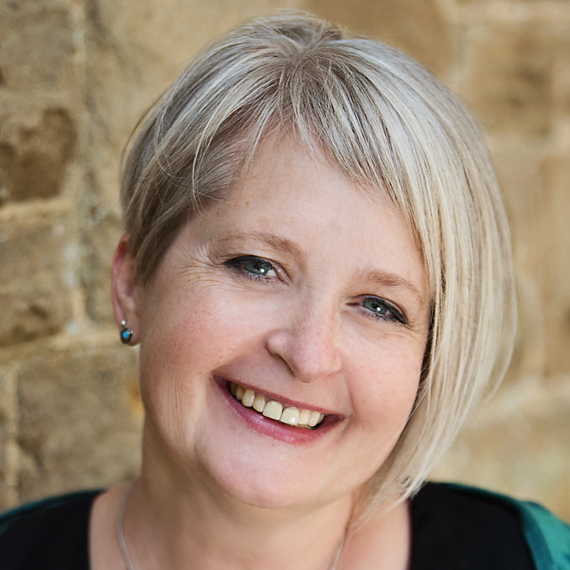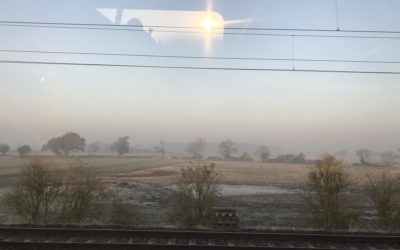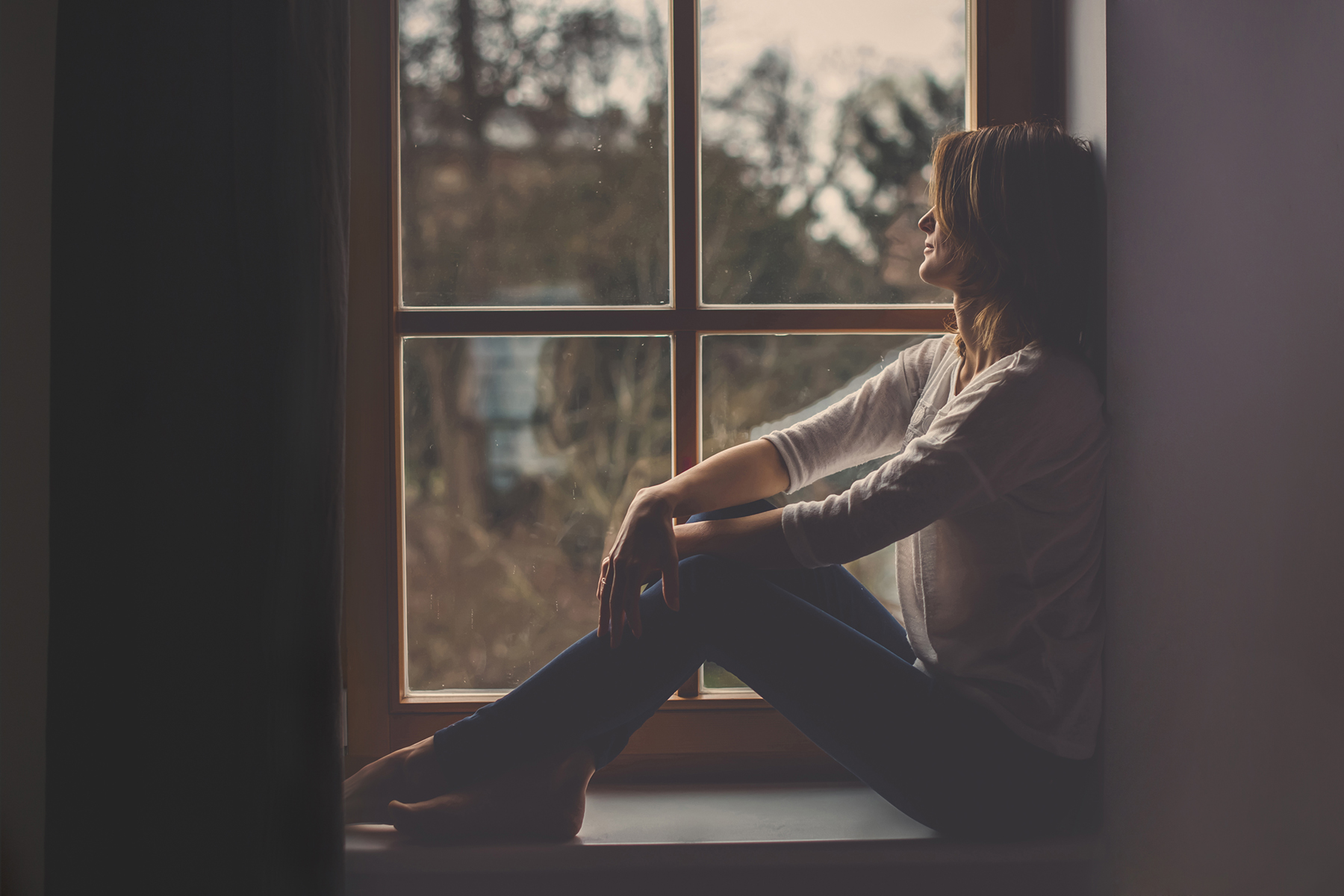When things happen that are beyond our control, it’s easy to feel like a victim; angry, hurt, resentful. As I’ve often written in this blog, we can’t always control what happens to us, or other people. We do have the choice how to respond – but it’s not always easy.
So, when I was doing my Science of Happiness Course, I was fascinated to hear about the research into the impact gratitude can have on us. Grateful people, and people who train to be grateful, experience more happiness and pro-sociality and less negative emotions, stress and anti-social feelings.
Robert Emmons writes how gratitude comes from the perception of something good happening in your life, not necessarily deserved or earned, that is really due to the actions of other people.
There are two components to gratitude: it’s a fundamentally positive mindset, where we recognise there is good in the world. And because it’s always directed at something outside ourselves, it’s also a recognition that we’re dependent on others.
In contrast, ungrateful people see life as a burden, focussing on the negative and seeing everything they don’t have, instead of what they do.
There’s lots of data to support the benefits of gratitude, but I work off the more subjective evidence of my own experience.
I find it really helps when I notice I’m becoming stuck in a place of feeling martyred or ‘done to’ to step back and notice where the opposite is the case too. I don’t deny, or brush over the apparent unfairness of what’s happening, but I look for the balance or perspective.
I don’t do this every day, or even every week, but I do keep a gratitude diary – an exercise that never fails to ground me and flood me with a sense of compassion.
Sometimes we become so focussed on the problem, we forget to see everything else that’s not the problem. It doesn’t mean the problem’s not there, but it certainly drops it into perspective.
And when I’m feeling even more philosophical, I try to move away from labelling any of what’s happening to me as either ‘good’ or ‘bad’, because when we add the dimension and perspective of time and what’s still to come, who knows!
I’m reminded of the Taoist story of the farmer:
There was a farmer whose horse ran away. That evening the neighbours gathered to commiserate with him since this was such bad luck. He said, “May be.”
The next day the horse returned, but brought with it six wild horses, and the neighbours came exclaiming at his good fortune. He said, “May be.”
And then, the following day, his son tried to saddle and ride one of the wild horses, was thrown, and broke his leg. Again the neighbours came to offer their sympathy for the misfortune. He said, “May be.”
The day after that, conscription officers came to the village to seize young men for the army, but because of the broken leg the farmer’s son was rejected. When the neighbours came in to say how fortunately everything had turned out, he said, “May be.”




